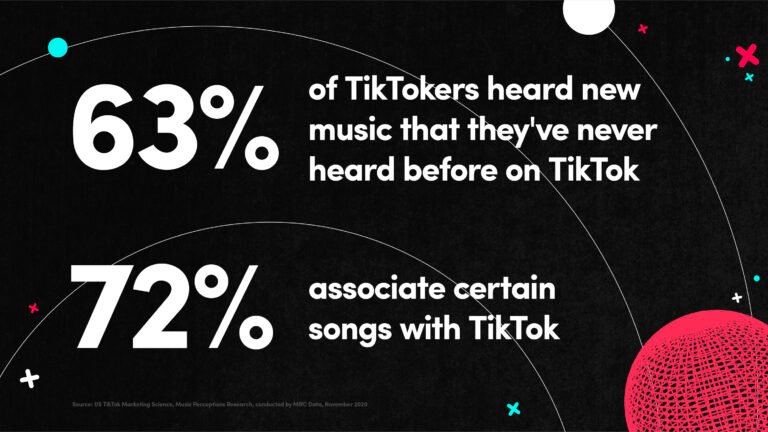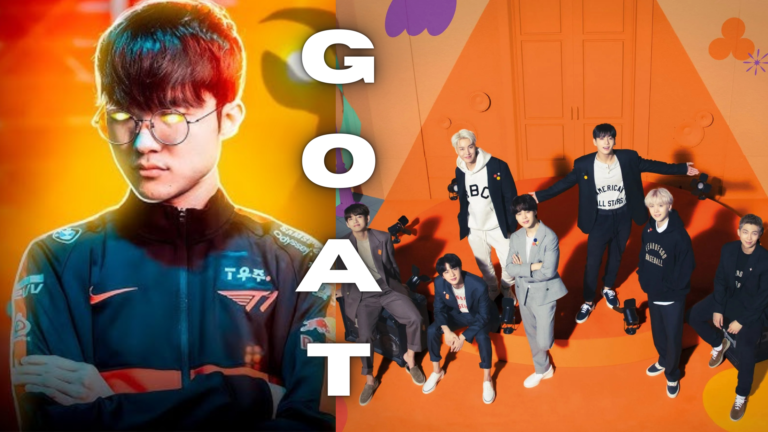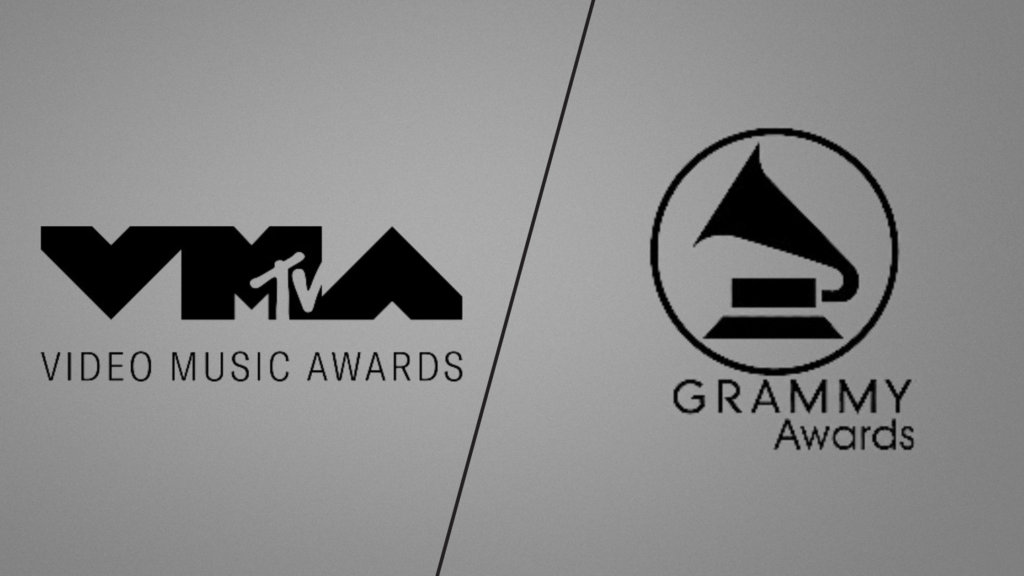TikTok Is NOT The Future Of #Kpop, This New Technology Is
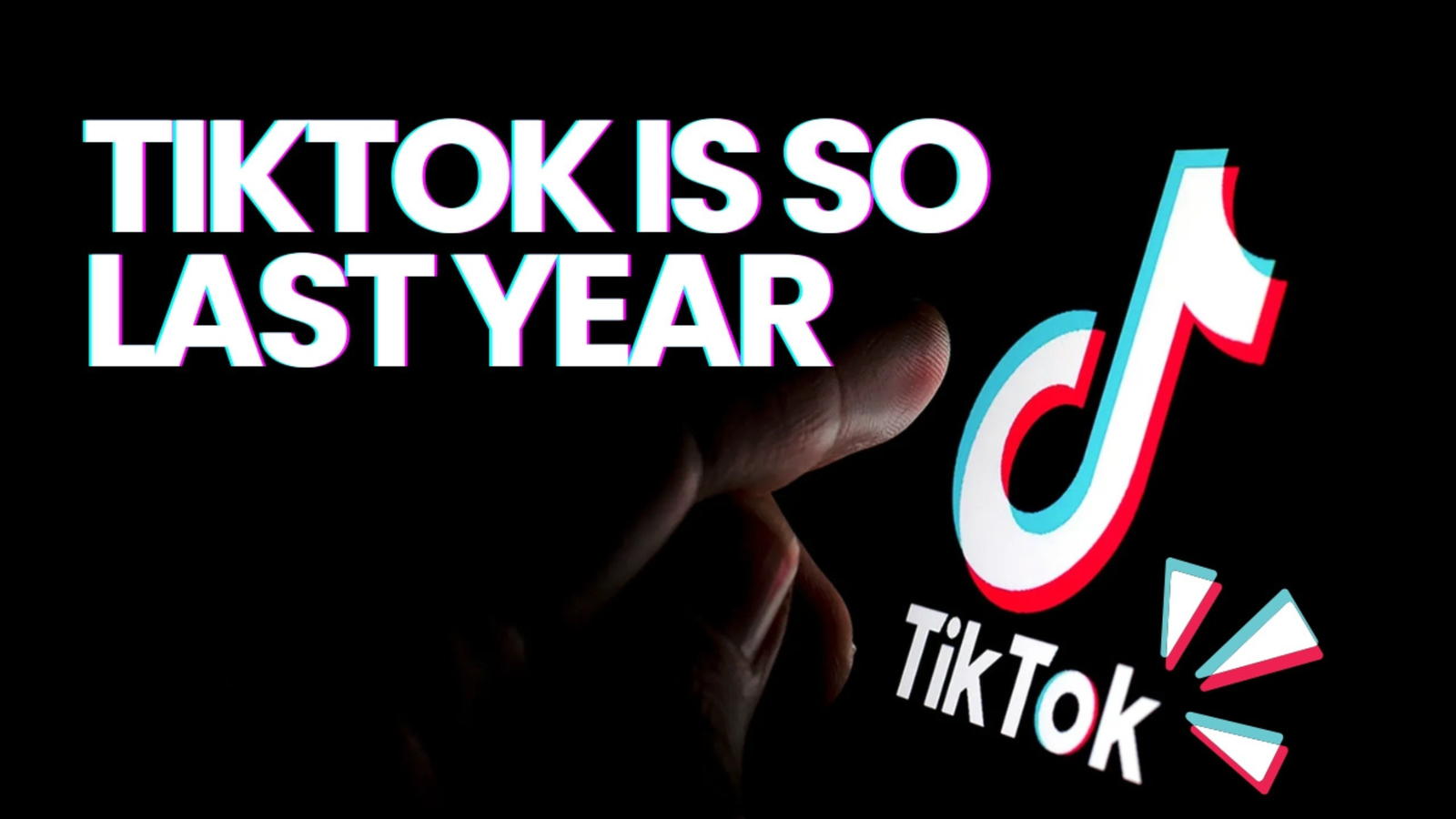
Published February 10, 2025
The world of K-pop has been taking the globe by storm, and TikTok has undoubtedly played a huge role in giving the genre even more attention. But here’s the truth: TikTok, as much as it’s currently dominating, is not the future of K-pop. Let’s break it down.
TikTok: A Short-Term Power Play
TikTok has undeniably become a cultural force that many of us can’t avoid. From viral dance challenges to K-pop idols trending on the platform, it’s clear that TikTok is having a major moment. But beneath the surface, its future is far from certain, with discussions around potential bans and concerns about its impact on creativity and attention spans.
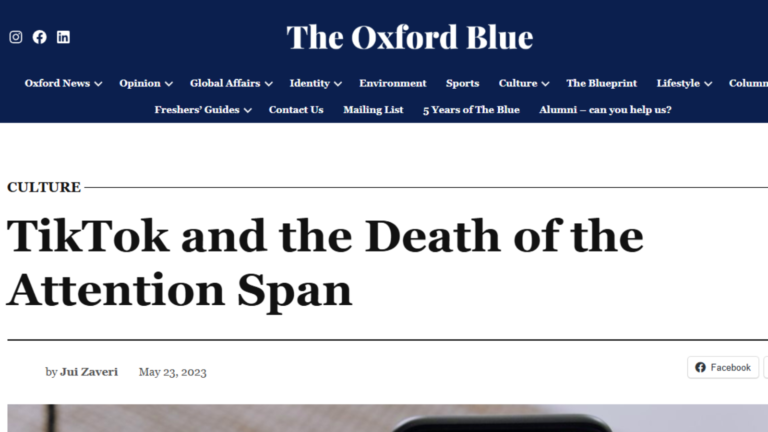
One of TikTok’s defining features is its focus on instant gratification. The platform’s algorithm is built to keep users scrolling, grabbing attention in mere seconds. This fast-paced system thrives on short, engaging content—something that aligns perfectly with K-pop’s visually striking and energetic style. However, this emphasis on bite-sized clips often sacrifices depth.
K-pop, at its essence, is more than just catchy hooks and quick visuals. It’s about artistry, talent, and a deeper connection with fans. Take BTS, for example.
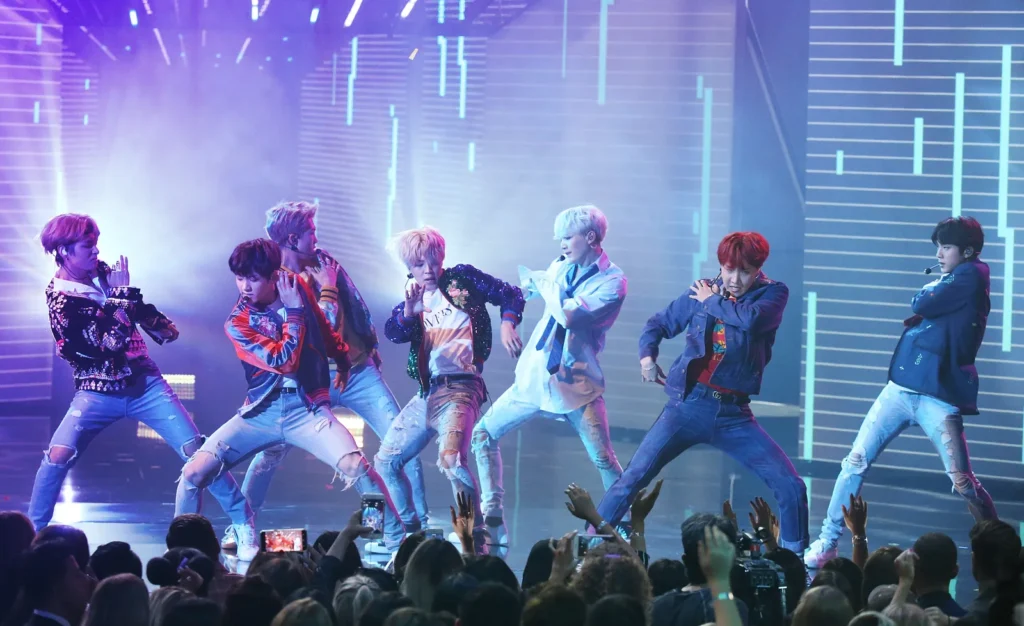
The group has maintained its global influence not because their music is made for a 15-second viral clip, but because their music includes full albums, complex choreography, and meaningful messages. TikTok’s quick-content model, while effective for viral moments, doesn’t provide the same depth or substance that K-pop’s true essence offers.
A Changing Landscape
TikTok has certainly played a big role in boosting artists by making their songs go viral, but the question is: How long will this last? Experts predict that TikTok may have a solid run for about five years before its influence begins to fade. We’ve seen similar patterns with platforms like Vine, where trends eventually came and went.

The future of K-pop might lie in something entirely different: the metaverse.
Yes, the metaverse. Imagine a space where K-pop fans can not only watch their idols perform, but also interact with them through avatars, attend virtual live concerts, and connect with fans from all over the world in real time. It’s a more immersive and participatory experience than what TikTok can offer. The metaverse represents a shift from passive content consumption to true interactivity.




Why the Metaverse?
The metaverse can be seen as a more advanced version of what TikTok started. Instead of just scrolling through content, you’ll be immersed in the experience itself. K-pop idols and other artists are likely to embrace the metaverse as a way to connect with fans in innovative ways. It’s not just a passing trend—it’s shaping up to be the future of entertainment.
The younger generation is already comfortable with virtual spaces, whether through gaming or social platforms. As this technology evolves, the next phase of fan culture could revolve around virtual performances, avatar meetups, and an entirely digital-first K-pop experience. The metaverse has a level of interactivity and immersion that TikTok simply can’t replicate.
So, What’s Next?
While TikTok continues to reign as the dominant platform for short-form entertainment, its time at the top might be limited. As the world of technology evolves, we can expect to see new ways for K-pop to thrive—ways that allow for deeper fan connections and greater interactivity. The metaverse might just be the next big thing, and it’s poised to change how we engage with K-pop and music in general.
For now, TikTok still has its place in the music industry, helping artists go viral and reach new audiences. But in the long run, it’s the metaverse and its possibilities that will truly shape the future of K-pop—and perhaps music as a whole.
